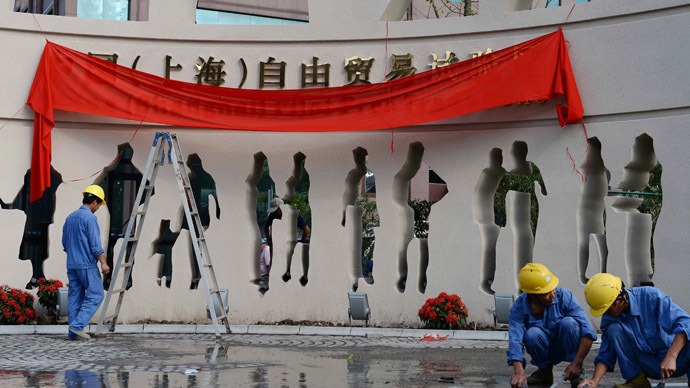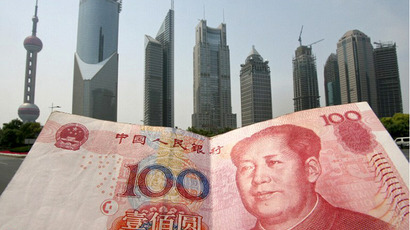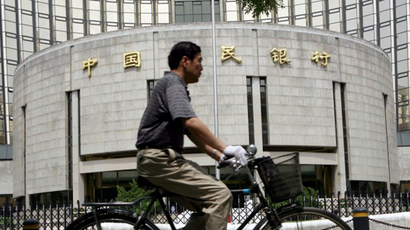China to test economic freedom in Shanghai

China launched its first experimental economic free trade zone in Shanghai, seeking to transform the city into an international financial hub and drive yuan convertibility. It is intended to boost growth which is now heading for a 23-year low.
The Shanghai Pilot Free Trade Zone (FTZ) is an 11 square-mile
district that overlaps four existing special trade zones in the
Pudong district. It is hoped foreign firms will set up their
Asian headquarters in the city and promote trade and encourage
foreign investment across 18 service industry sectors.
Citigroup, Singapore-based DBS and Bank of China are among some
of the financial instructions which will operate in the zone, and
serve as liaison for international investors to gain more access
to domestic financial markets. Local state media reported 25
Chinese and foreign companies have been awarded registration
licenses.
At an opening ceremony, Commerce Minister Gao Hucheng said the new special economic zone would exist as “an experimental field to conduct economic reform."
One of the key economic reforms will be the free convertibility
of the yuan, the tightly controlled currency which experts
believe will be ‘released’ into the global economy and traded
openly like most other power currencies within 5 years.
China’s key trade partners – the US and the EU – have been complaining the yuan was undervalued. This has made Chinese goods cheaper in international markets, which has largely helped win over competition.
Parent organizations of companies registered in the zone will be
first to experiment with yuan convertibility, as they will have
permission to issue yuan-dominated bonds in China to foreign
markets.
Many national banks are now switching over to the yuan to diversify their currency reserves, and may use the new zone as an avenue to invest in the up-and-coming currency.
If the three year trial is successful China’s State Council hopes
to replicate similar zones across China.
The Hong Kong special economic zone helped liberalize trade in the 1980s and contributed to the world’s second largest economy’s phenomenal 3-decade growth period. Hong Kong was handed over to China by the UK in 1997, and since has gravitated closer to mainland policies. Experts say the Shanghai based free trade zone can pose competition to the offshore Hong Kong. Currently there are 14 port zones in China with preferential export fee regimes and more lax customs declaration for foreign suppliers.
A few other idiosyncrasies will exist in the special zone-
Facebook, which is banned in mainland China will be available, as
well as the sale of video game consoles, which is also not
permitted in China. Property prices surrounding the special
economic zone are forecast to spike.
China’s booming, almost fairytale economic story, has developed
five-fold over the last 23 years, aided by an emerging middle
class, cheap labor, and an export driven strategy, but the
narrative has entered a new phase of modesty, as growth dropped
below 8 percent for the first time in 20
years in Q2, the ninth slowdown for China in the past 10
quarters.














